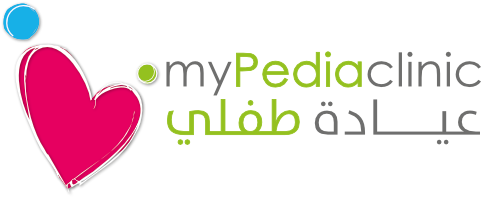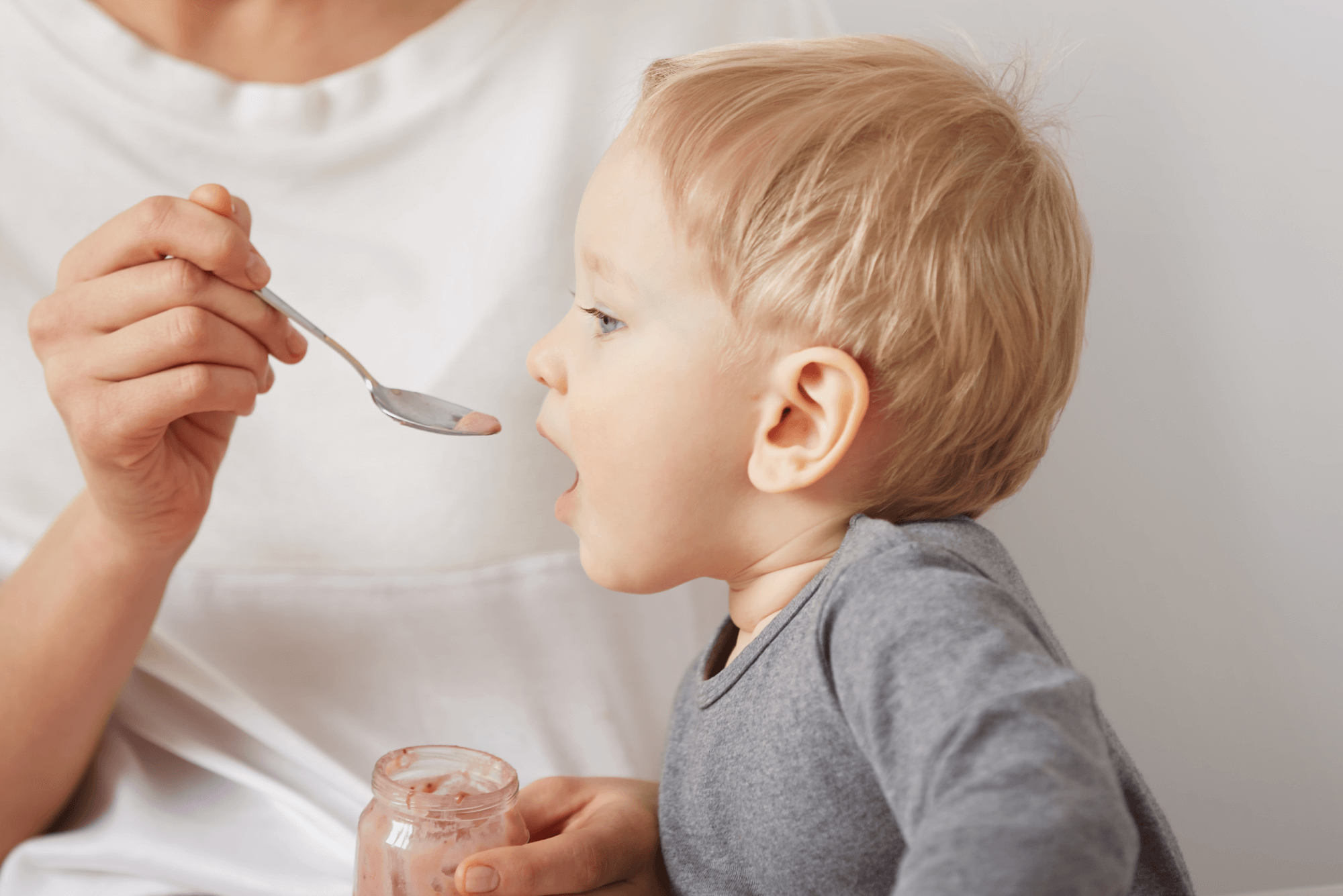What are the first foods to introduce to your baby? There is a lot of debate about what should be introduced to babies, but there are some general guidelines. You must know which food items are appropriate for your infant because they can have allergies or intolerances to certain types of food.
In this article, we will discuss the best first foods for infants and how much time should pass before introducing them.
When to Start Baby Food?
It is quite important to know the right tie to start baby food. Starting a baby on solids too early means increasing the risk of bellyaches, obesity, and choking. At the same time, introducing solid foods too late means slow baby growth and development.
According to the CDC, babies can start eating solid food at 6 months old. By the time they are 7 to 8 months old, they can eat various foods, including meat, fruits, cheese, and more.
How to know if it is the right time to start solids for your little one?
There are a few ways to decide if your baby is ready for solid foods.
● First, your baby should sit up with some support and should not push food out of their mouth with their tongue.
● Second, they should be interested in what you're eating and try to grab food from your plate. Third, they should have lost the extrusion reflex when they push food out of their mouth with their tongue.
● Lastly, if your baby has lost the ability to move food from back to front in his mouth and shows no signs of eating anything other than breast milk or formula, they might be ready for solids.
What to Start With?
There are plenty of safe first food items that you can introduce to your babies, such as iron-fortified infant cereal, pureed vegetables, fruits, and meats. As your baby gets older, you can give them thicker textures and small pieces of food.
When starting your baby on solid foods, it is important to begin with, single-ingredient items and slowly add new ones. This will help you determine if your baby has any allergies or intolerances to certain types of food.
Some good first food items include:
● Iron-fortified infant cereal
● Pureed vegetables (carrots, sweet potatoes, squash)
● Pureed fruits (bananas, avocados, pears)
● Ground meats (chicken, beef)
● Swiss cheese cubes
How Much to Give?
When starting your baby on solid foods, you should start with a small amount and gradually increase the serving size as your baby gets older. The general guideline is to give about one tablespoon of solid food every four months old. So, if your baby is six months old, you should give them six tablespoons of solid food per day.
It is important to note that not all babies will eat the same food. Some babies might only eat a few tablespoons per day, while others eat more. As your baby gets older, they will eat less solid food and more breast milk or formula.
What Not to Give?
You should avoid giving your baby some food until they are older. These include honey, cow's milk, egg whites, and whole eggs.
Honey can lead to botulism in infants under one year old because their immature digestive systems cannot handle the spores associated with this disease.
Cow's milk should be avoided until your baby is at least 12 months old because it does not have many nutritional benefits for infants and can cause stomach upset.
Egg whites contain a protein called avidin that can bind to biotin, leading to a deficiency in this nutrient. Lastly, whole eggs should be avoided until your baby is at least six months old because they might choke on the egg yolk.
When to consult a food Nutritionist for the baby?
Consulting a food nutritionist is the best way to get your baby on track with their eating habits. A dietician can provide you with personalized advice for starting solids and help you determine if there are any nutritional deficiencies in your child's daily intake.
You should consult your pediatrician right away if you notice any following symptoms. These could be signs that your baby has an allergy or intolerance to a certain type of food.
● Your baby regurgitates most of the food they eat.
● Have diarrhea or constipation after eating solid foods.
● They are not putting on weight as expected.
● Facing eczema or other skin problems.
Final thoughts
Are you looking for the best pediatrician in Dubai for your little one? If yes, look no further than MyPedia clinic. We have a team of highly qualified pediatricians who can provide your child with high-quality care.
Our team of doctors is committed to helping your little one achieves optimal health by providing personalized advice for starting solids, allergies management, and more. Moreover, we also have a range of other services such as vaccines, growth & development monitoring, minor surgeries, etc. So, contact us today to avail best nutritionist services in Dubai.





